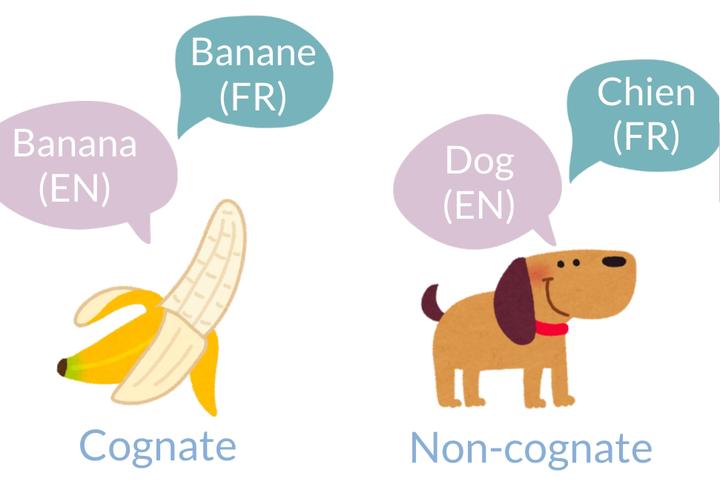Cognate advantage in bilingual infants

Bilingual infants grow up with the unique experience of needing to learn two words for most concepts. These words are called translation equivalents, and translation equivalents that also sound similar (e.g., banana-banane) are called cognates. Research has consistently shown that children and adults process cognates more easily than non-cognates. The present study explored if there is such an advantage for cognate production in bilingual’s early vocabulary development.
